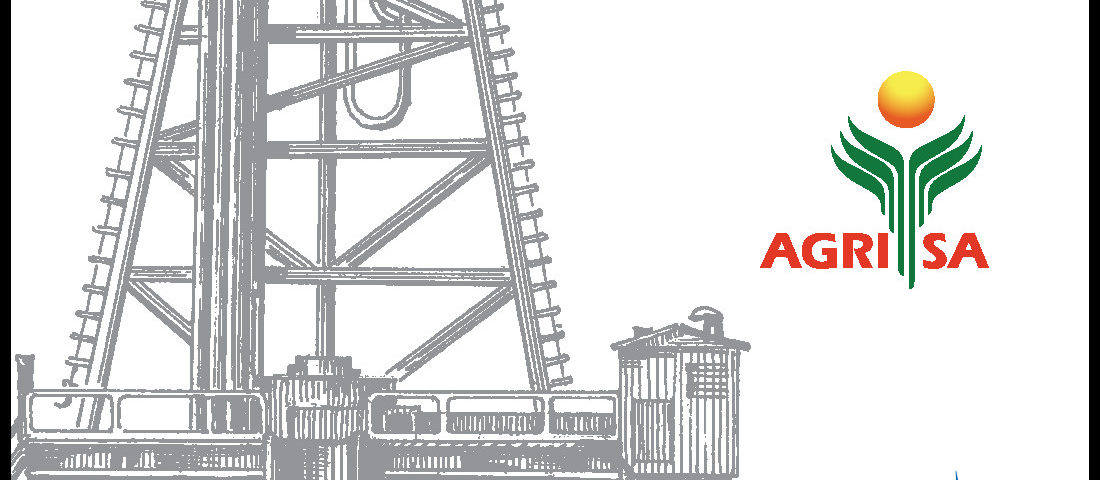
 The National Minimum Wage Bill, as well as the agreement signed at NEDLAC (hereafter the NEDLAC agreement) in February 2017, has been a source of concern within the agricultural sector. This document highlights the most important aspects of the agreement reached, as well as specific provisions in the draft Bill:
The National Minimum Wage Bill, as well as the agreement signed at NEDLAC (hereafter the NEDLAC agreement) in February 2017, has been a source of concern within the agricultural sector. This document highlights the most important aspects of the agreement reached, as well as specific provisions in the draft Bill:
1. The target date is 1 May 2018:
In the NEDLAC agreement, a target date is set at 1 May 2018. This means that government wants national legislation, enforcing the national minimum wage,promulgated and implemented between now (July 2017) and the target date.
Given that the bill is currently at NEDLAC where it is foreseen that it will be robustly debated, and that it will still need to go through the parliamentary processes before it becomes law, this timeframe is extremely narrow. During a discussion forum with the Department of Labour on Friday 10 August 2017, it became apparent that the implementation date will not be moved, but that the minimum wage cannot be introduced without the new legislation. Officials could not clear up this contradiction.
However, Agri SA remains committed to participating in the process, and will make sure that the interests of the agricultural sector are served. Through BUSA, AgriSA can comment on the draft legislation, and ensure that it fits into the current employment legislation framework. Furthermore, Agri SA is meeting with the CCMA National Office on Monday 13 August to strengthen relations. The CCMA will be the forum where disputes regarding the minimum wage will be adjudicated.
2. The proposed minimum wage is R20 per hour:
The agreement stipulates two exceptions: Domestic workers qualify for 75% of the minimum wage (R15 per hour), and workers in the agricultural sector will be paid 90% of the minimum wage (R18 per hour) as from 1 May 2018. It is important to note that this dispensation is on track with international trends, where workers in these two sectors are often paid a percentage of the agreed minimum wage, or excluded in total.
In the South African context, with such a high unemployment rate, the critical question remains whether we want to exacerbate the unemployment challenge or whether we want to give more people the opportunity to be employed at lower wages. Government will not allow whole industries to opt out of paying the National Minimum Wage, but has resolved that a National Minimum Wage Commission will be created, with the view of providing research to support the level at which the National Minimum Wage is set as well as providing guidance on incentivising the payment of the National Minimum Wage.
The current hourly rate in terms of the sectoral determination is R15.39 (March 2017 to Feb 2018). In March 2018, this will increase to R15.39 + CPI (5.5% forecast) + 1% = R16.39 (March 2018 – Feb 2019). This brings the sectoral determination to R1.61 per hour less than the National Minimum Wage, which will be applicable as from 1 May 2018.
Deductions which are made in accordance with the sectoral determination, will still be allowed. The sectoral determinations will be attached as schedules to the Basic Conditions of Employment Act, instead of stand-alone determinations as they are now. NMW is applicable to the following categories of workers:
1. Fulltime employed workers.
2. Casual workers.
The National Minimum Wage is not subject to the distinction between urban and non-urban areas, as is found in the current sectoral determinations. The National Minimum Wage is calculated as money paid for hours worked, it excludes bonuses and other benefits. Deductions are allowed in accordance with section 34 of the Basic Conditions of Employment Act, and must be agreed to by the employee.
It is important to remember that managing productivity is the responsibility of the employer, and it will become more important to manage productivity properly as the cost of labour increases.
The aim is to elevate both the domestic worker and agricultural sectors to be on par with the National Minimum Wage, within two years of implementation. This will be subject to research done by the National Minimum Wage Commission, which will be established in terms of the National Minimum Wage Act.
3. Minimum working hours will be determined:
The current proposal is that workers will be paid for 4 hours of work, regardless of how long they worked.
4. The National Minimum Wage will only be reviewed every second year:
This means that the minimum wage will only be reviewed in 202, and employers have the discretion to determine increases (if any) in 2019.
5. The National Minimum Wage will be subjected to the same exemption process as the current sectoral determinations:
Employers may, currently, apply for exemption from the sectoral determinations in terms of section 50 of the Basic Conditions of Employment Act. The same process will be followed for the National Minimum Wage, but with the added commitment that the turnaround time for exemption applications will be 30 days. If an employer has not heard whether an exemption has been granted within the 30-day time-frame, such an employer may deem the exemption as granted. The system used will resemble SARS’ e-filing system.
6. Employers will not be allowed to change conditions of service due to the National Minimum Wage:
According to the agreement reached at NEDLAC, no employer will be allowed to unilaterally adjust conditions of employment, such as working hours, because of the introduction of the National Minimum Wage. Doing this would constitute non-compliance, and/or an unfair labour practice. Retrenchments due to the inability to pay workers the National Minimum Wage, may also open employers to possible non-compliance, or unfair dismissals. Government has resolved to assist employers to reach payment of the National Minimum Wage, the method will depend on research
done by the National Minimum Wage Commission.
7. In conclusion:
Minimum wages are not a foreign concept to the agricultural sector, as the sector has been subjected to sectoral determinations since 2003. These are largely complied with, especially in Gauteng and the Western Cape, with the exemption process being available to all employers who are unable to pay their workers in accordance with the sectoral determinations. Agri SA encourages compliance with the National Minimum Wage, and will utilise every opportunity to influence the legislative process to enable employers to pay the National Minimum Wage, to ensure growth and prosperity in the agricultural sector.
Published on Thursday, 17th August 2017 - 14:13
Recent Posts
disclaimer









